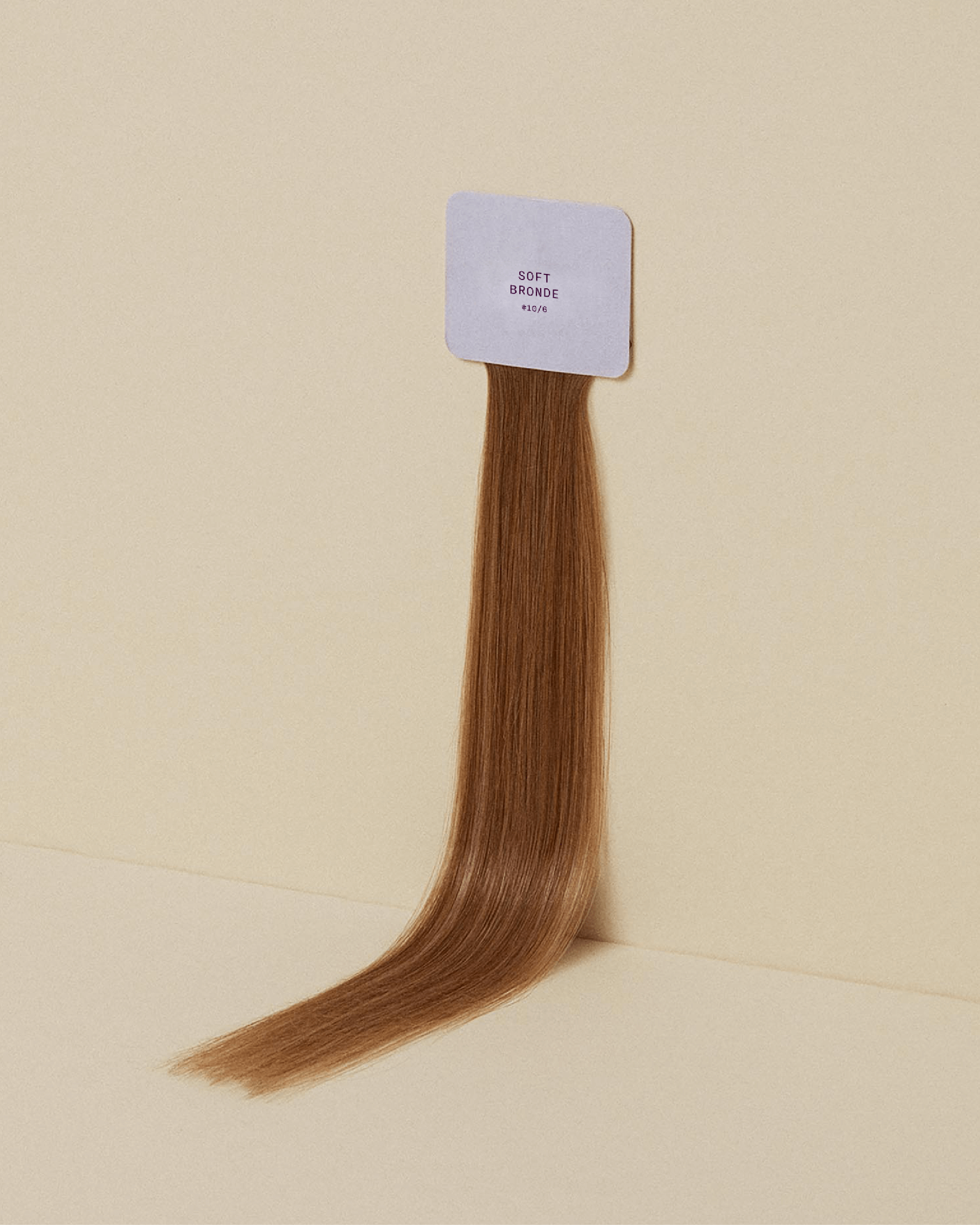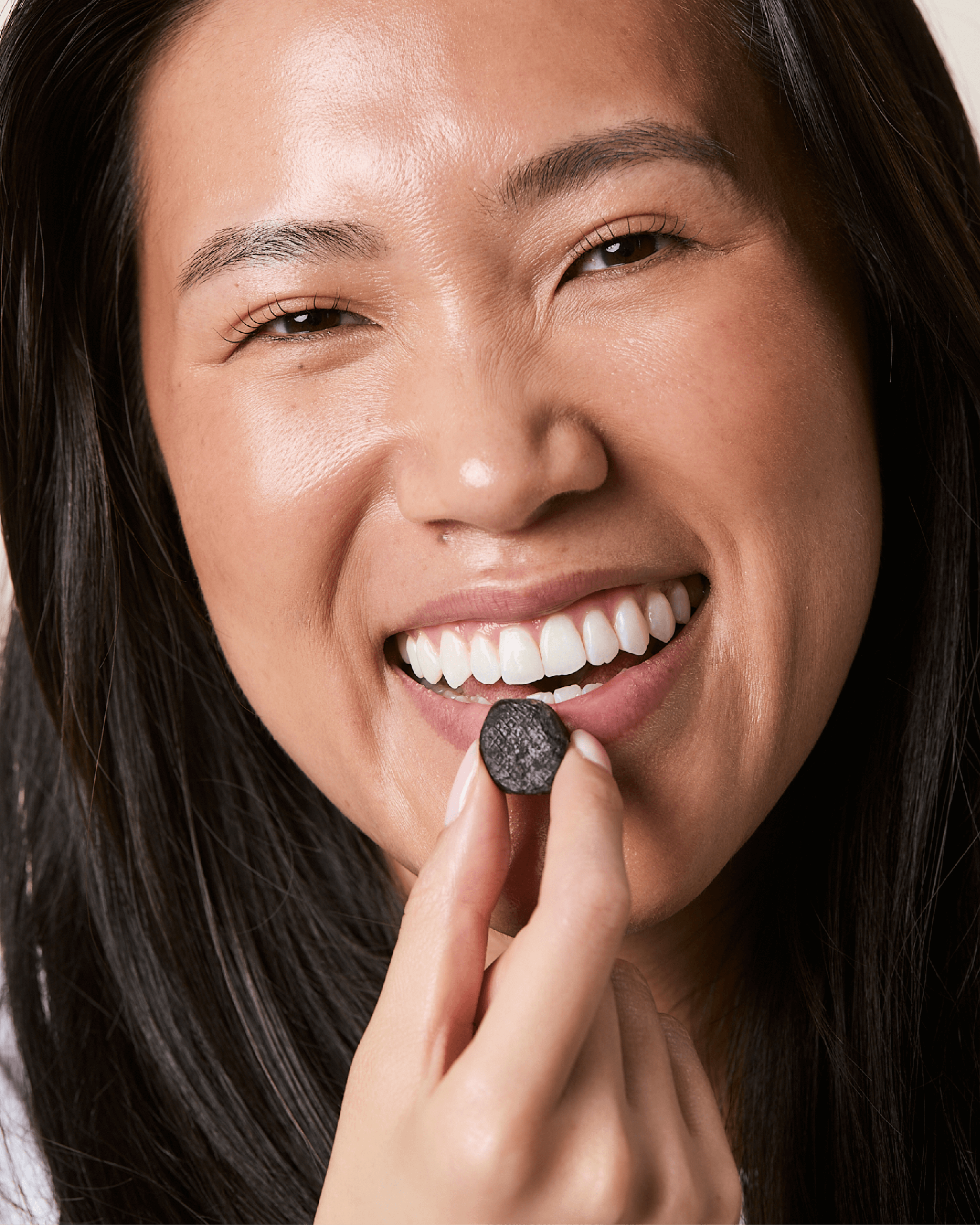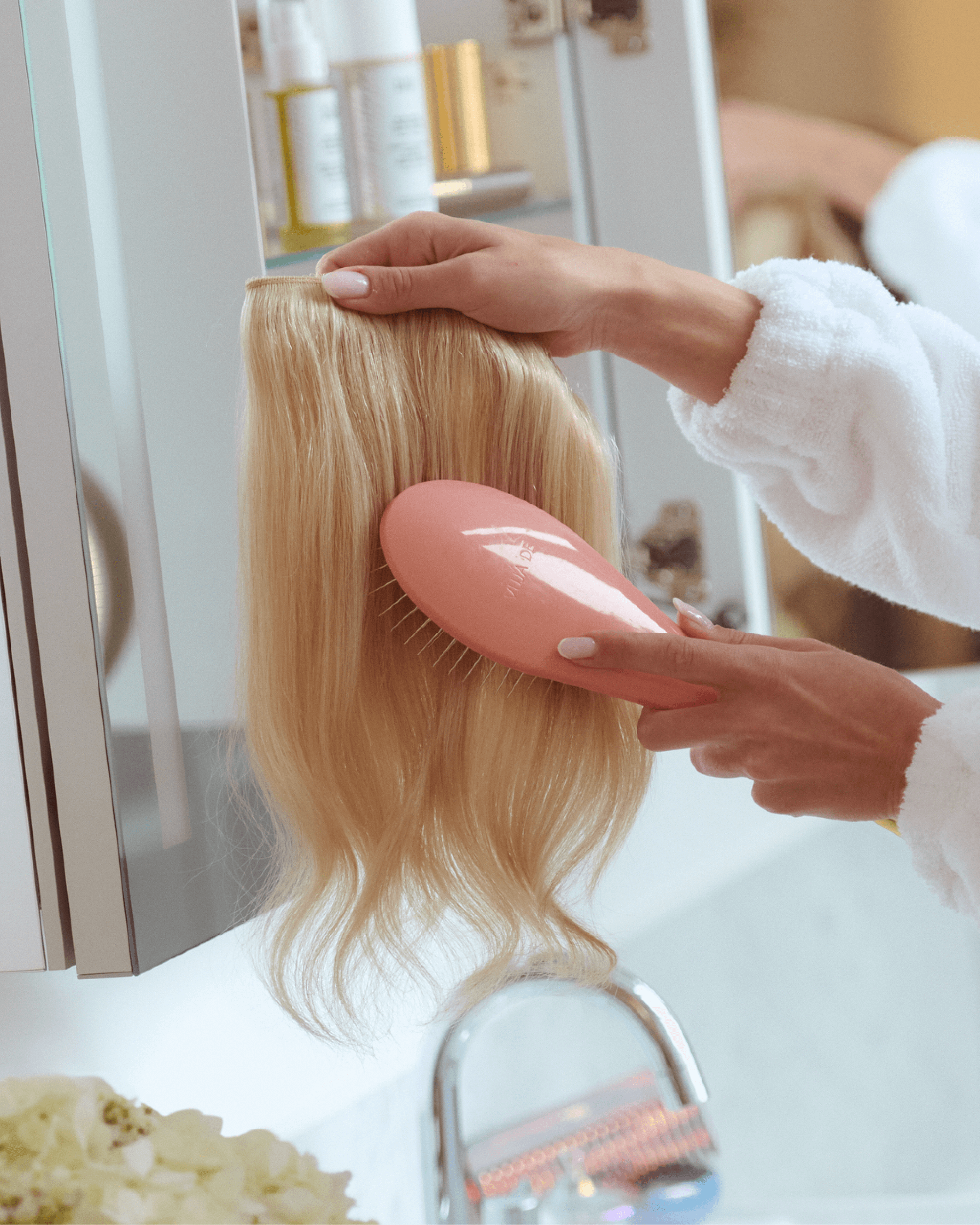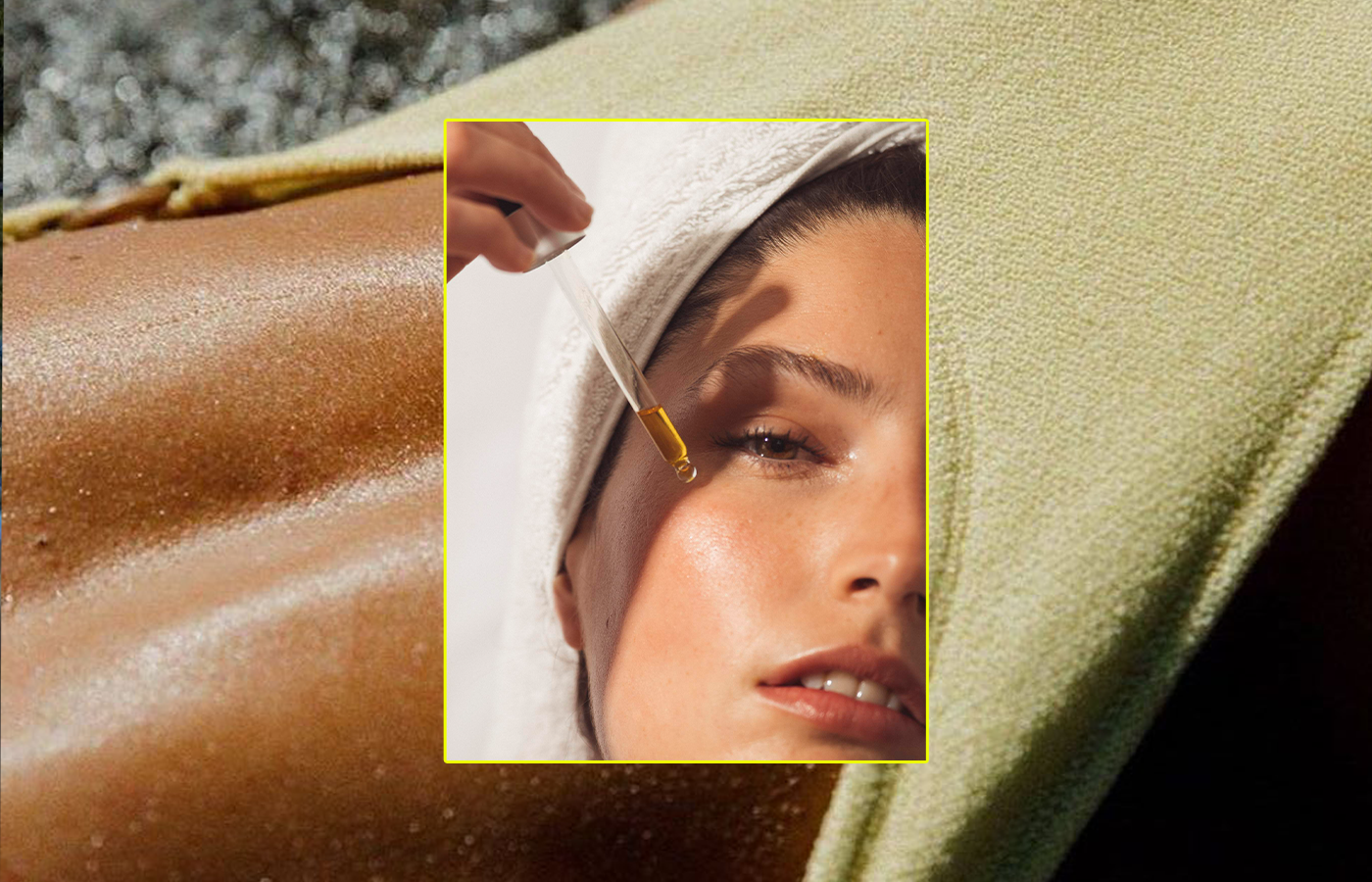If you're one of the many folks dealing with anxiety and hair loss, don't worry, you're not alone. Hair loss is only one of several physical symptoms that can be brought on by the all-too-common mental health issue—anxiety.
The cool thing is that hair loss caused by anxiety can totally be fixed. In fact, hair typically begins to grow again within 3 to 6 months after the stressor that caused the hair loss has been eliminated.
In this article, I'll explain the connection between anxiety and hair loss and provide strategies for coping with this condition (based on experience) so that your hair can continue to grow. So let's dive in!
READ: What Causes Thin Hair And How To Get Your Thick Locks Back
Understanding the Link Between Anxiety and Hair Loss
The human body can be affected in a number of ways by anxiety, a common mental health problem. Among its side effects is hair loss. The underlying cause is the intricate interplay of hormones, especially cortisol, which is secreted in reaction to stress.
The Role of Cortisol: The "stress hormone," cortisol, is released by the body in response to anxiety. Increased cortisol levels can cause hair follicles to enter a resting period, known as the telogen phase, which can halt hair growth. As a result, the rate of hair loss exceeds that of hair growth.
Telogen Effluvium: Telogen effluvium refers to the type of hair loss brought on by stress and anxiety. It's important to keep in mind that this is typically a short-term issue that may be fixed with the correct treatment.
READ NEXT: Give Yourself And Your New Post-Iso Muffin Tops a Break
Strategies for Dealing with Hair Thinning Caused by Anxiety
If you're experiencing anxiety and hair loss, there are a few things you can do to help manage your anxiety and promote hair growth. With the right coping mechanisms, you can end the vicious cycle and help your hair regenerate. Check out these 5 strategies that helped me deal with anxiety and hair loss which ultimately helped my hair grow back long and healthy.
1. Adequate Sleep: Anxiety, hypertension, and a compromised immune system have all been linked to insufficient sleep. There's a chance you'll also speed up your hair loss.
For a long time, this was a problem for me. Keeping track of the time until I'd have to get up and go to work again was a huge source of anxiety. Thankfully, I was able to get through this thanks to a few key actions:
- Wash all of your worries away before sleeping by taking a shower.
- If you're not lactose intolerant, have a glass of milk.
- A cup of chamomile tea may help those who are lactose intolerant.
- Read one chapter from your go-to bedtime read, but make sure it doesn't have a page-turning plot otherwise, you might find yourself reading on. Next thing you know, you only got two more hours before you need to get up for work. BUMMER.
- Put on your earplugs and put on your sleeping mask so nothing can interrupt your rest.
2. Focus on Stress Relief: Anxiety-related hair loss can be prevented by taking steps to reduce stress. I know that stress can cause hair loss, but I didn't realize that anxiety could too. Finding ways to unwind has been shown to have positive effects on both mental health and hair quality.
When I've done everything I normally do before bed and I still feel wide awake an hour later, I'll roll out my yoga mat. Before continuing with my regular routine, I meditate for a few minutes and then do yoga for twenty minutes. This makes me exhausted enough to go to sleep.
3. Exercising on a Regular Basis: Exercising has been demonstrated to improve mental health and reduce stress. Maintaining an active lifestyle is beneficial for hair growth because it helps control hormone levels and increases blood flow to the scalp.
Considering how far away the gym is from my house, I prefer to go for runs instead. Running for at least 30 minutes every day has helped me sleep better. If running isn't your thing, a brisk hour-long walk is a great alternative.
4. Avoid Aggressive Hair Care Routines: When your hair is going through a shedding phase, treating it gently is crucial. Don't put further stress on your hair follicles by using heat tools, wearing your hair in tight fashions, or subjecting it to harsh chemical treatments. Use gentle, nourishing hair products and adopt low-maintenance haircuts.
I stopped using shampoo on a daily basis after noticing bald patches on my head. After reading that it might potentially cause hair shedding, I was surprised to learn that the components in the shampoo I've been using are to blame. So, I went out and bought a mild shampoo with micellar technology and natural rose oil (since rose oil has been shown to strengthen the hair and ultimately prevent hair loss) and have been using it twice a week.
5. Keep Calm and Carry On: It's important to keep your attitude upbeat and patient as you wait for your hair to regenerate. Worrying about the rate of regeneration can actually slow it down. Instead, try to enhance your health as a whole and recognize even the smallest victories along the road.
So, instead of wondering what else I could do or seeking out costly treatments, I decided to put more of my attention on myself. Sleeping adequately, working out regularly, and meditating have all helped my hair and general health. Trust me, it's doable.
It's important to keep in mind that anxiety-related hair loss is temporary. You may give your hair a fighting chance at recovery if you give it the attention it deserves, get enough sleep, and avoid harsh hair care routines. Keep in mind that taking care of yourself is about more than simply your hair.
Love More Hair Care Tips? Read These Next:
Unhealthy Scalp Can Lead to Thinning Hair: Here's How
Hair Cuticles: What They Are and How to Keep Them Healthy
How To Get Smooth Hair Naturally At Home






